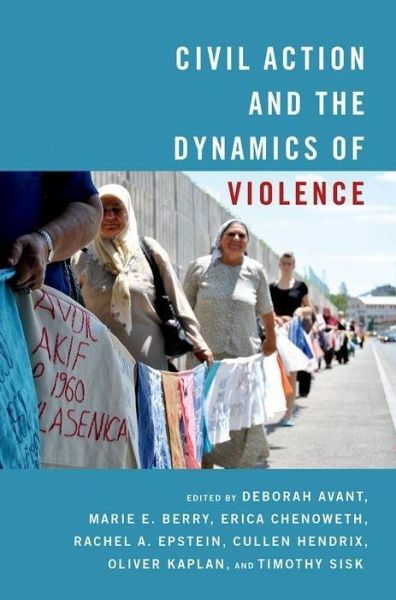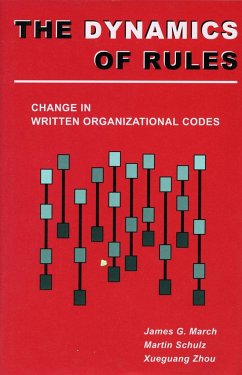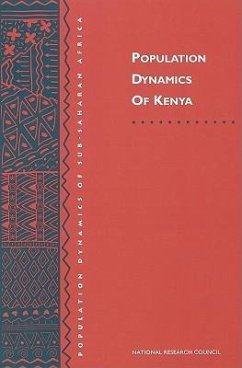
Civil Action and the Dynamics of Violence
Versandkostenfrei!
Versandfertig in 1-2 Wochen
42,99 €
inkl. MwSt.
Weitere Ausgaben:

PAYBACK Punkte
21 °P sammeln!
Despite the view that civil war involves violent contests for power between armed combatants, people and groups routinely engage in civil action in the midst of war. Civil action is behavior characterized by a reluctance to engage in violence and a willingness to abide by a minimal level of respect in order to maximize engagement with others. Civil action often prevents or tamps down violence, although it can sometimes escalate violence as well. This volume explores the ways civil action has affected dynamics of violence in Syria, Peru, Kenya, Northern Ireland, Mexico, Bosnia, Afghanistan, Spa...
Despite the view that civil war involves violent contests for power between armed combatants, people and groups routinely engage in civil action in the midst of war. Civil action is behavior characterized by a reluctance to engage in violence and a willingness to abide by a minimal level of respect in order to maximize engagement with others. Civil action often prevents or tamps down violence, although it can sometimes escalate violence as well. This volume explores the ways civil action has affected dynamics of violence in Syria, Peru, Kenya, Northern Ireland, Mexico, Bosnia, Afghanistan, Spain, and Colombia, highlighting the crucial and often-neglected role that civil action has played in deciding the fates of conflicts around the world.













